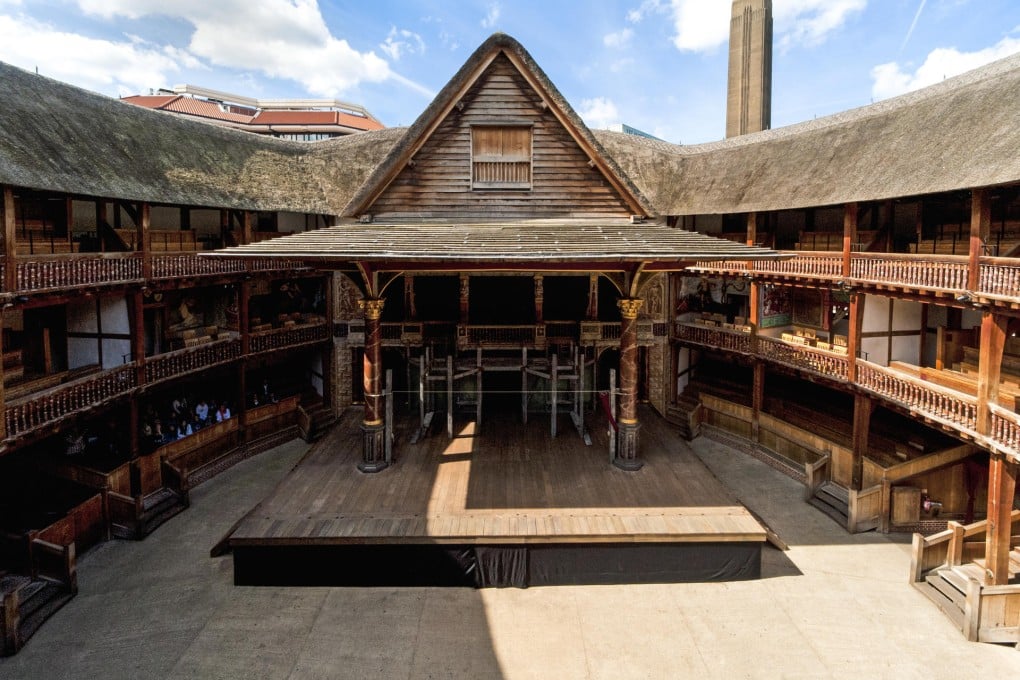A Midsummer Night's Dream come true for Hong Kong teachers

More than four centuries after the birth of William Shakespeare, schools worldwide are still learning about the great playwright's works. And this week, 36primary and secondary school teachers from Hong Kong will be trained in London on how to teach Shakespeare through performance.
For eight days they will learn from Globe Education coaches at Shakespeare's Globe, on Bankside, as they get to grips with the plays, their contexts and the skills needed to help students play them out on stage.
Every year the Globe's educational arm trains teachers from around the world as part of their broad outreach initiative.
"Our ambition is to give teachers the opportunity for professional development at the Globe; they will then train others in what they have learned," says the Globe's chief executive, Neil Constable, who was in Hong Kong, en route to a school Shakespeare festival in New Zealand.
In May, one of Globe Education's practitioners gave workshops here to more than 500 primary and secondary students from 20 schools at the Shakespeare4All Learning and Participation Festival. Students staged public performances of plays, including Romeo and Juliet, Macbeth and The Taming of the Shrew.